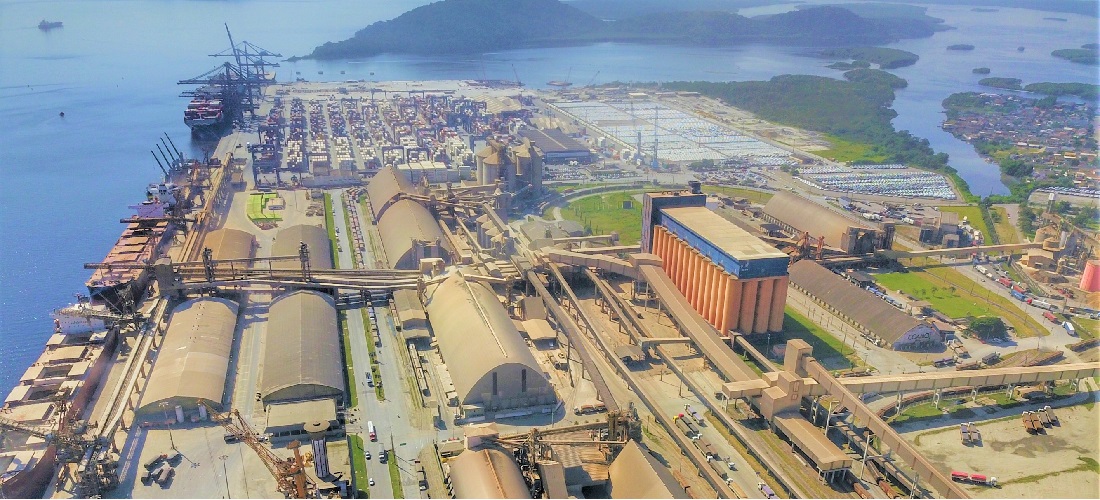
Grain shipments up 42% in August at Brazil’s Paranagua port
Sep, 09, 2022 Posted by Gabriel MalheirosWeek 202236
Grain shipments through the port of Paranagua, Paraná, reached 1.662 million tonnes in August, up 42% compared to the same month last year, informed the port administration on Sep. 8th. In eight months, the shipments of soybeans, corn, and wheat totaled 13 million tonnes altogether, 7.65% more than in the same period of 2021.
Corn was the most exported commodity last month, with volumes totaling 520,000 tonnes (grains) and 55,500 tonnes (meal). Year to date, the exported volume of corn kernels reached 2.4 million tonnes, an increase of 302% over 2021. Paranagua did not ship corn meal last year.
In the case of soybeans, grain shipments fell 8% to 787,000 tonnes in August compared to the same period last year at Paranagua, while bran shipments fell 3.5% to 299,000 tonnes. Shipments of oilseed grains decreased 13% year on year, to 7.4 million tonnes, whereas bran increased 10%, to 3.2 million tonnes.
The numbers above refer to exports via Paranagua’s east corridor, where the majority of solid bulk shipments depart. In the first eight months of the year, 225 ships docked at the harbor, 11 more than in the same period in 2021.
See below the most exported and imported products in containers via the Port of Paranagua from January to July 2022. The data is from DataLiner.
Top 5 Most Exported Products from Paranagua | 2022 | TEUs
Top 5 Most Imported Products from Paranagua | 2022 | TEUs
Source: DataLiner (click here to request a demo)
Source: Valor Econômico
To read the full original article, please go to: https://valor.globo.com/agronegocios/noticia/2022/09/08/embarques-de-graos-por-paranagua-cresceram-42percent-em-agosto.ghtml
-
Ports and Terminals
Sep, 10, 2020
0
PORT OF BEIRUT STRUCK BY ANOTHER FIRE
-
Apr, 30, 2020
0
Brazil’s fruit exports to Canada expected to drop by 20-30% due to coronavirus
-
Ports and Terminals
Jun, 16, 2020
0
Santos posts net revenue growth of 4.5% in first quarter
-
Ports and Terminals
Nov, 08, 2024
0
New Container Cranes Boost BTP’s Equipment Capacity by 25%



